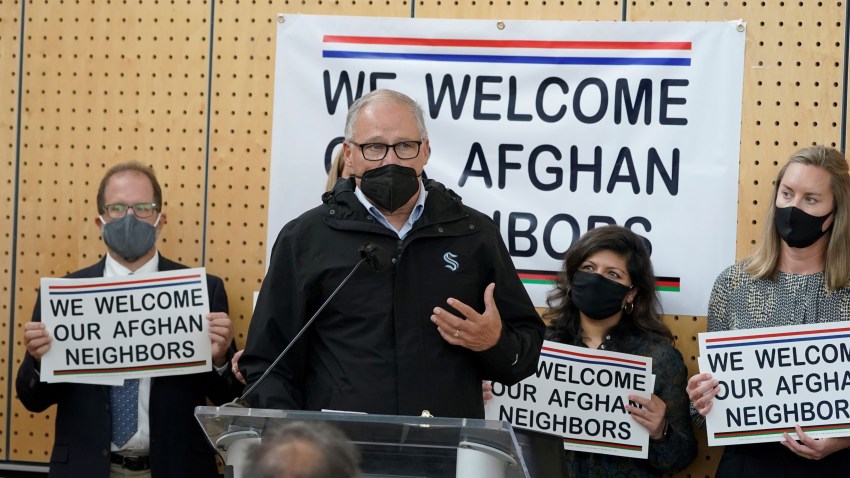On Jan. 19, the U.S. State Department unveiled a new initiative that promises to “empower” U.S. citizens to play a personal role in refugee resettlement. The “Welcome Corps” would encourage Americans to band together in small groups of friends to create “welcome circles,” fundraising on behalf of specific refugees or their families and taking on the responsibility for greeting and assisting them—roles once largely handled by the federal government in collaboration with civil society organizations.
Ordinary citizens have always volunteered support to refugees through existing civil society networks, but the Welcome Corps is different in two ways. First, it institutionalizes an official role for U.S. citizens to help refugees who have been accepted into the country navigate government red tape, by pooling resources to cover the first 90 days of their resettlement costs. That would replace the “initial resettlement benefits” usually provided by the State Department’s Bureau of Population, Migration and Refugees. Second, beginning later this year, groups of Americans would be able to help identify individuals they themselves want to help bring to the U.S. for resettlement, presumably also speeding the asylum process, although details on this aspect of the program are still scant.
At first glance, despite all the accolades, there are some reasons to be skeptical of this new program. As Sigal Samuel writes at Vox, “You might be thinking: why should it fall to private citizens to fork over the cash, time, and energy to resettle refugees? Shouldn’t that be the government’s job?” In fact, it is the government’s job under refugee law, which requires governments to receive, house, care for and provide resettlement benefits and support to refugees. Yet some governments have increasingly begun shifting this responsibility to private citizens; Poland’s performance in the early months of the Ukraine crisis was a notable example that eventually resulted in an exhausted, demoralized and angry citizenry.

